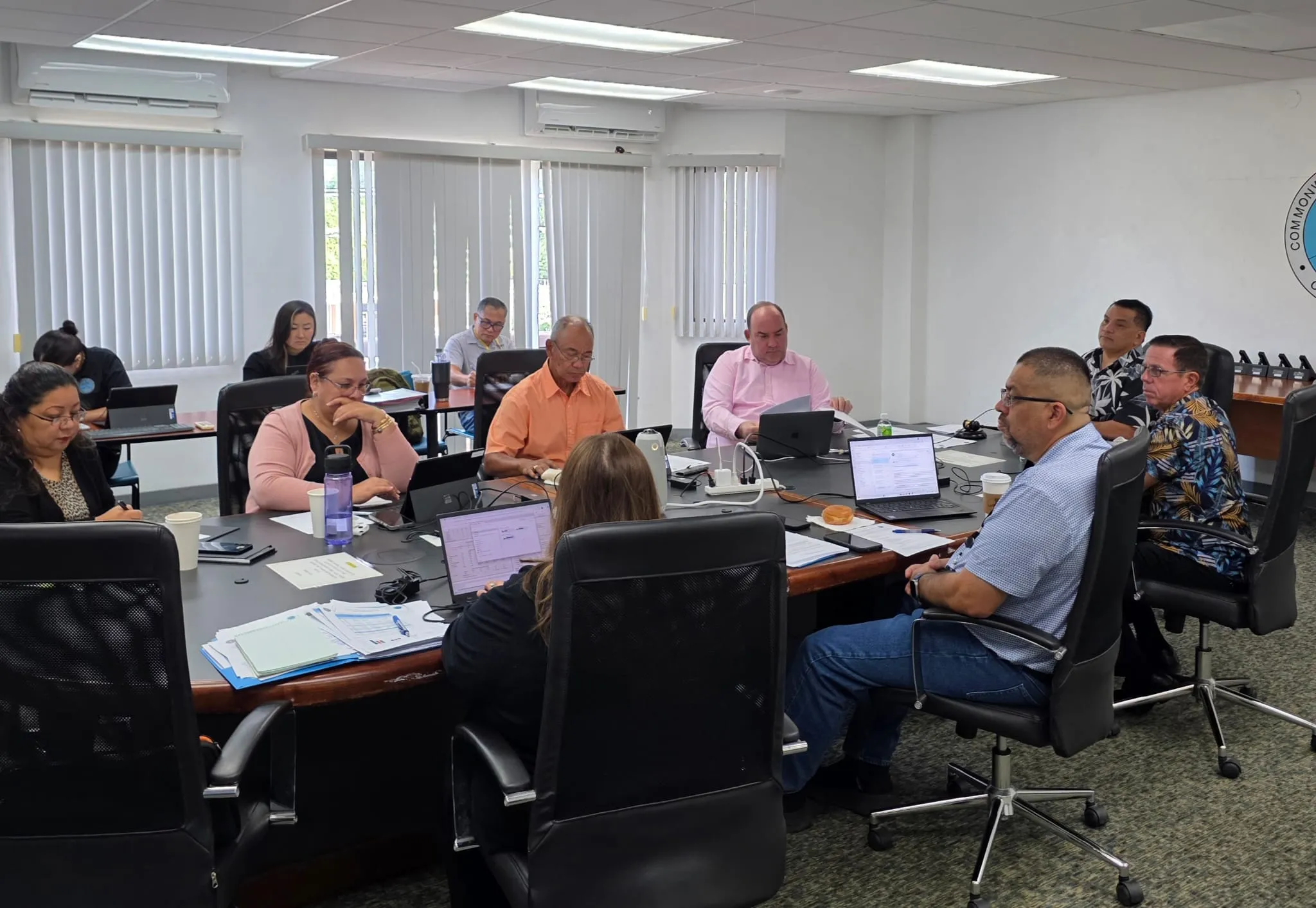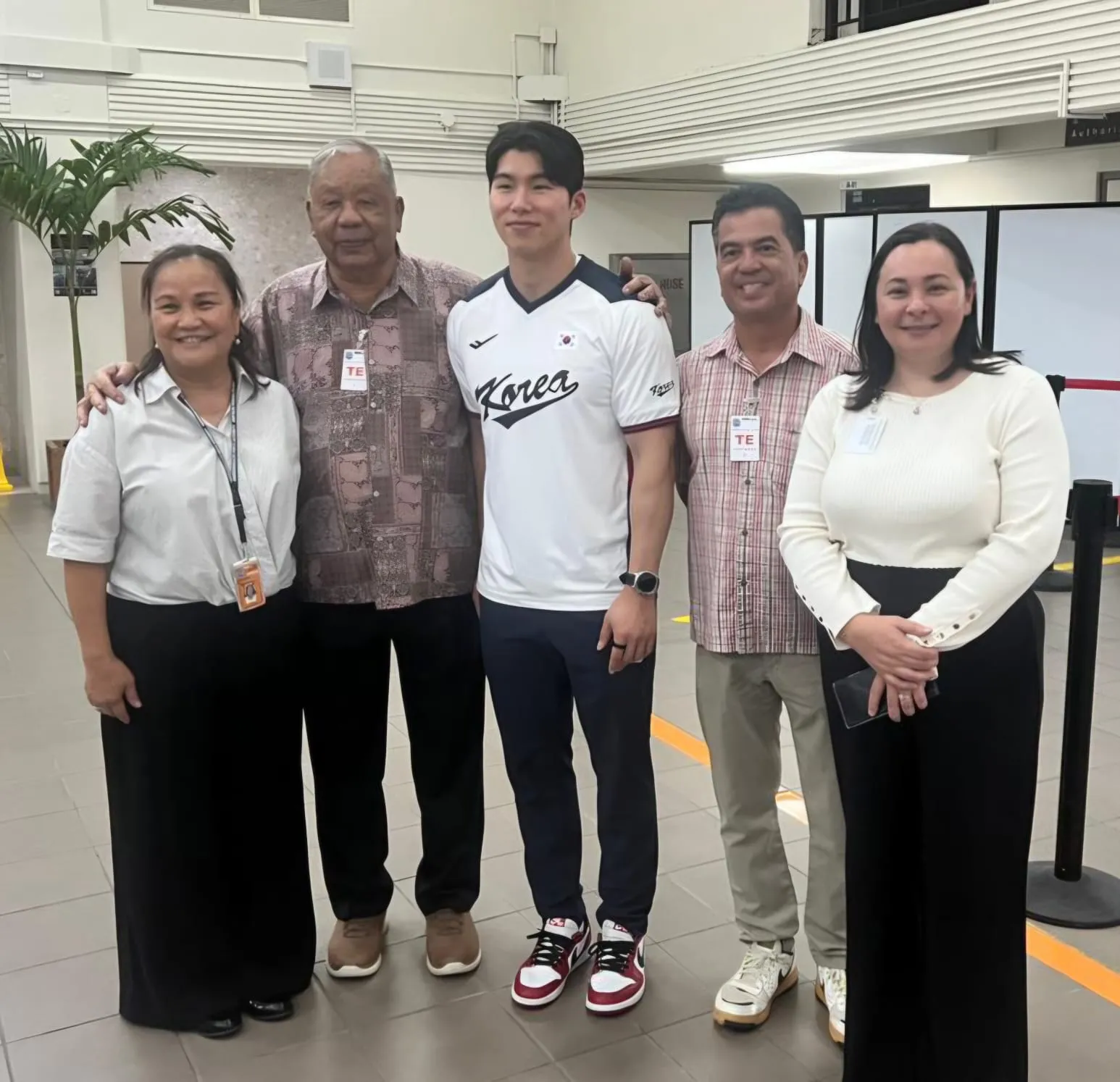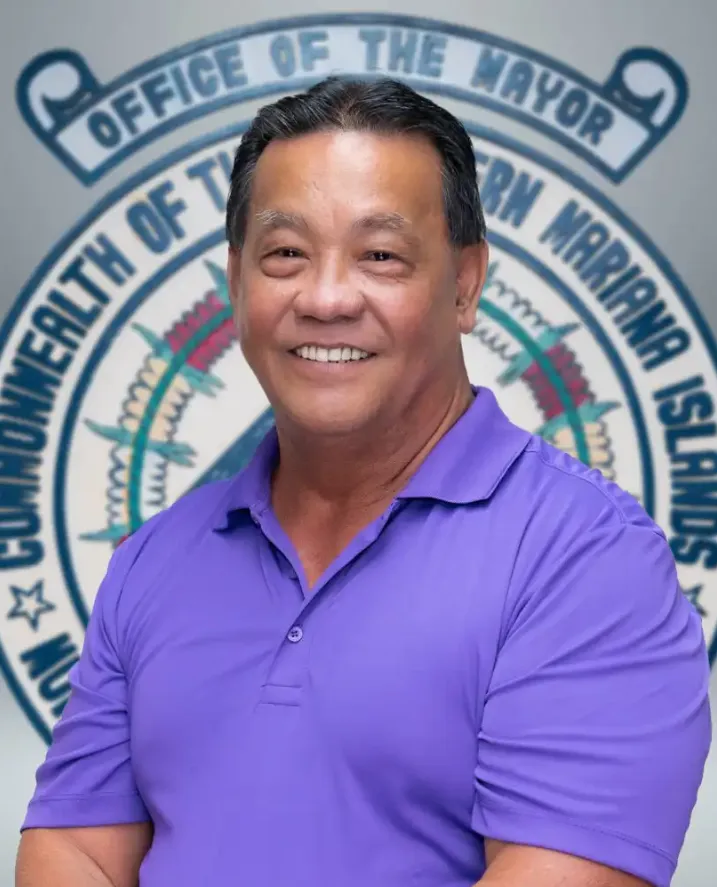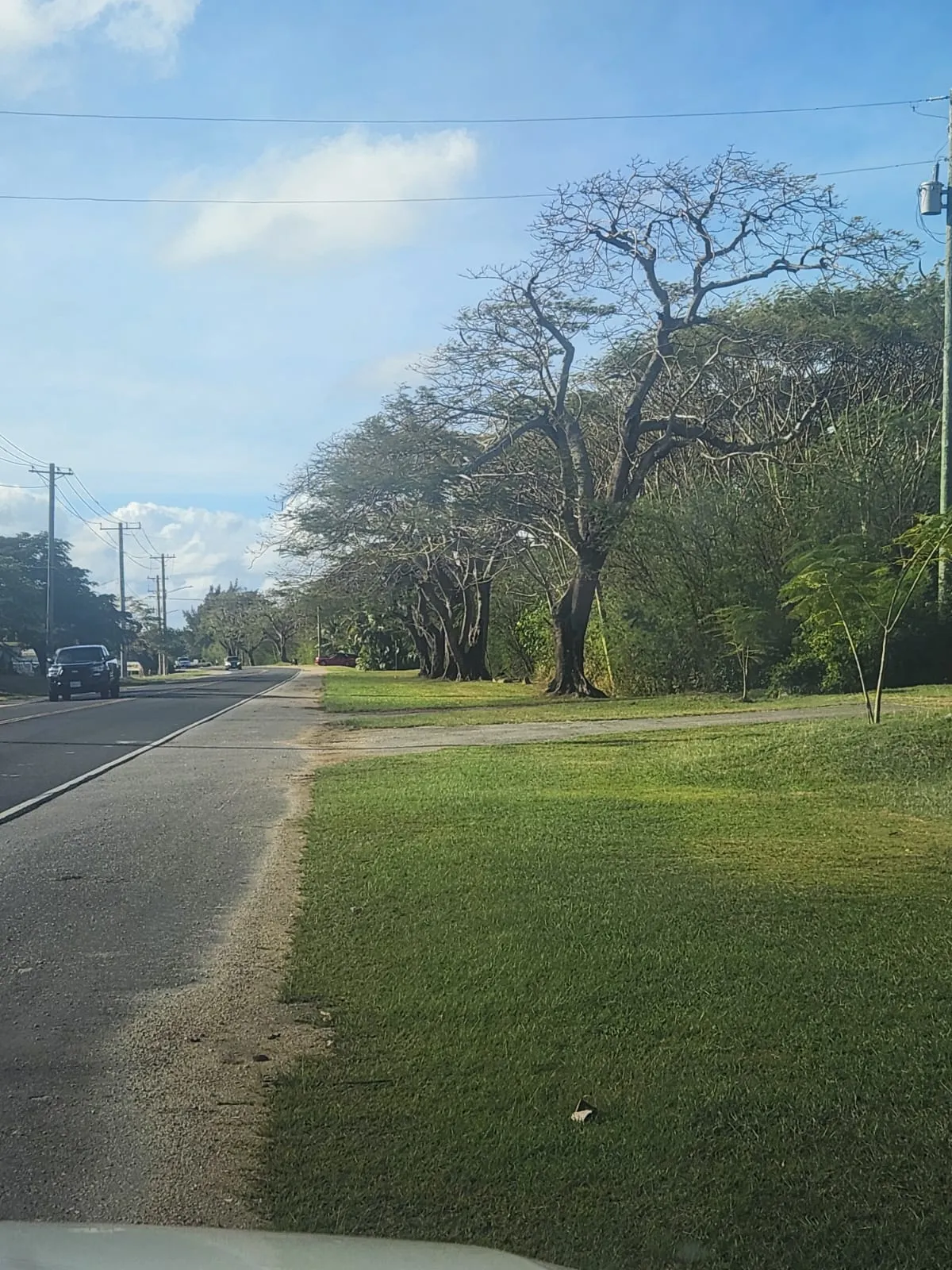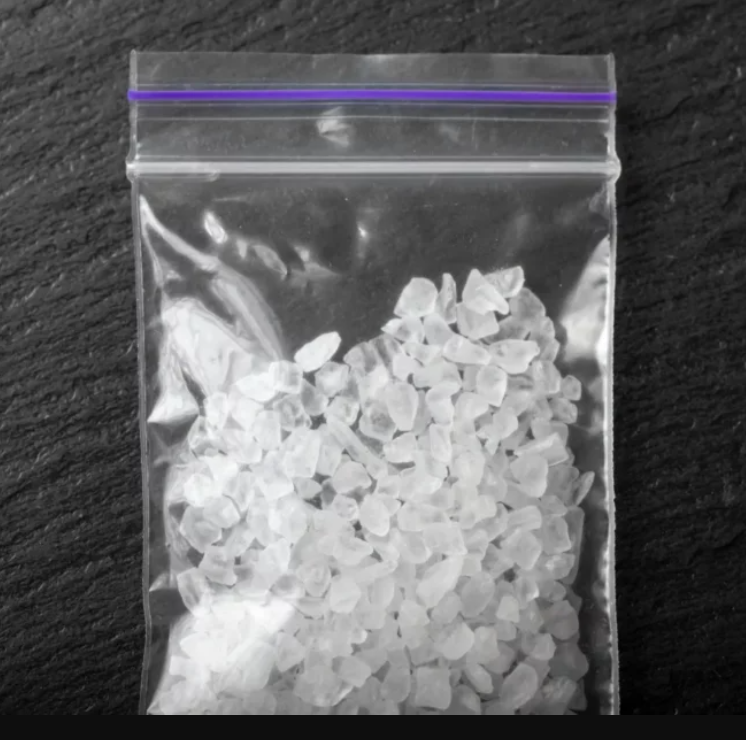
SUVA (Pacific Media Network/Pacnews) — Fiji’s escalating drug crisis is now a national emergency, said the Minister for Police, Maj. Gen. Iowane Naivalurua, as the country looks beyond its borders for help.
Speaking in the Fijian Parliament, Naivalurua said illicit drug trafficking, including narcotics, methamphetamine, and emerging synthetic drugs, is not just a law enforcement concern.
“It is a national emergency, undermining our social fabric, threatening public health, and fueling transnational crimes,” Naivalurua said.
“This problem demands more than enforcement.
“It demands a moral awakening, a national security consciousness that sees illicit drugs not just as a contraband, but as a threat to our families, our identity, and our future.”
He said the gravity of Fiji’s drug crisis was laid bare in court recently during the prosecution involving the seizure of 4.1 tons of methamphetamine, one of the largest ever in the Pacific region.
He has issued a grave warning Fiji must not, under any circumstances, be overrun by illicit drug activities which undermine the rule of law, corrupt institutions, and endanger the fabric of society.
“We must not allow Fiji to be used as a narco-traffic playground,” Naivalurua said.
“I say that again, we must not allow Fiji to be used as a narco-traffic playground.”
With its strategic geographical location in the Pacific, Fiji is increasingly vulnerable to exploitation by international drug cartels seeking transit points and distribution hubs.
Naivalurua is calling for active participation from every stratum of society to promote and drive the government’s vision of an illicit drug-free Fiji.
“A collective mindset and taking of responsibility across the society, from schools to churches, from villages to urban centers, where drug abuse and illicit trafficking are not tolerated, glorified and hidden,” he said.
“Where every parent, teacher, chief, youth leader, sports coach, and social influencer plays their role in prevention, where silence is no longer a complicity and reporting is seen as a civic duty.
“It is a generational movement, and it will require leadership from the top, supported by active citizenry from below.”
Naivalurua said Fiji is now engaging in partnerships crucial to mounting a comprehensive and sustainable response to the transnational threat posed by the narcotic trade.
He told Parliament they have commenced engagement with the United States Drug Enforcement Administration to roll out resourcing and institutional capacity building.
The DEA is a law enforcement agency under the U.S. Department of Justice tasked with combating illicit drug trafficking and distribution within the U.S.
They are also finalizing a formal bilateral partnership with the Indonesia National Narcotics Agency for joint training, personal exchanges, professional development, and infrastructure support.
Naivalurua said the allocation of FJD$1.9 million (US$950,000) in the 2025-2026 national budget for the operational establishment of the Fiji Counter-Narcotics Bureau in the country, is therefore timely and commendable.
The Counter-Narcotics Bureau will be responsible for designing and implementing national drug policies, intelligence frameworks, enforcement operations, and multi-sectoral partnerships to disrupt the production, trafficking, and abuse of illicit drugs in Fiji.


